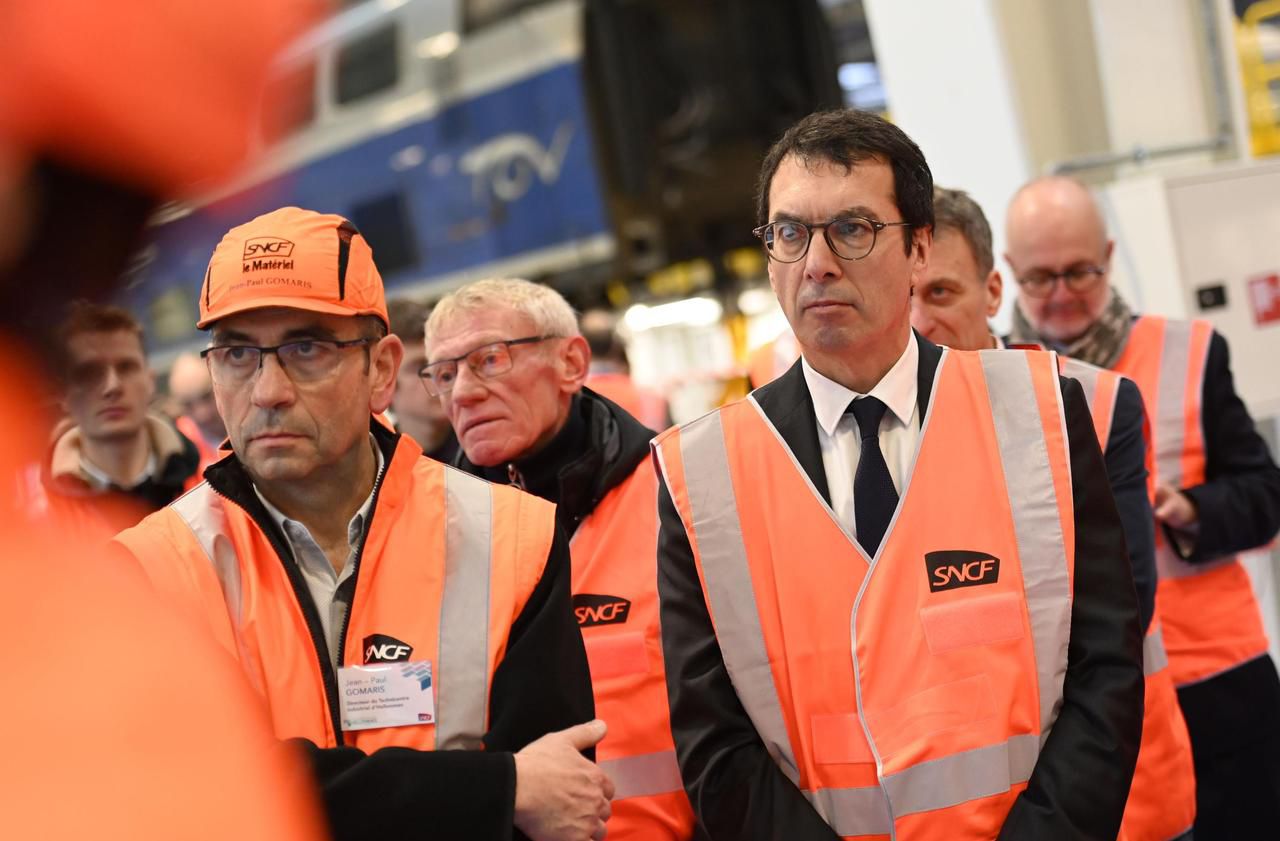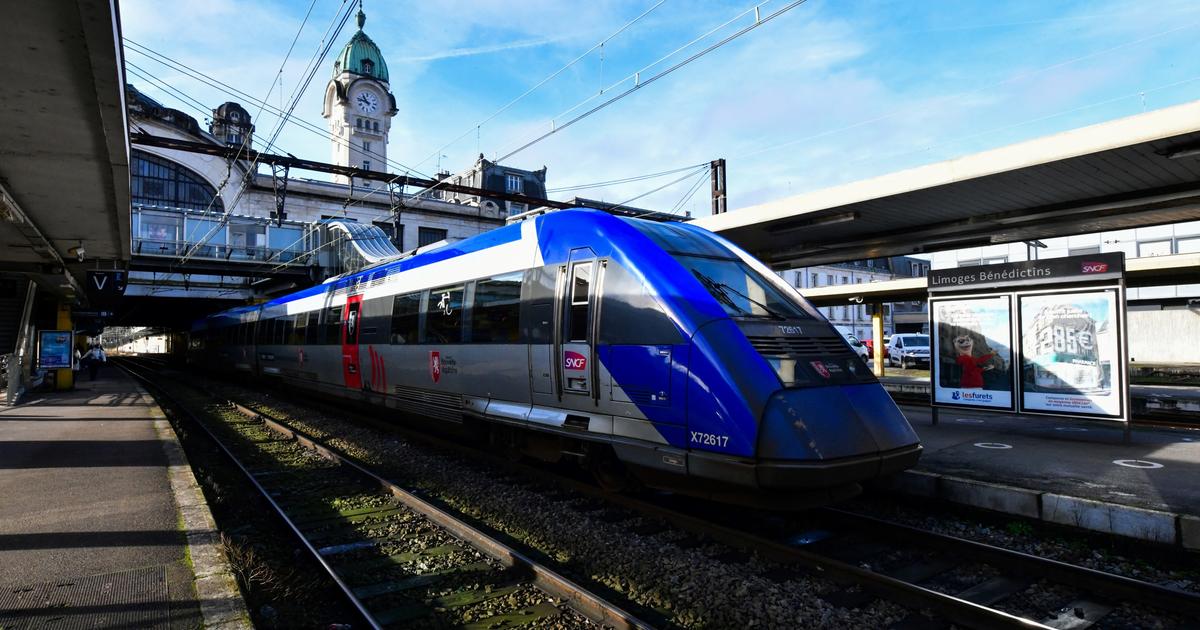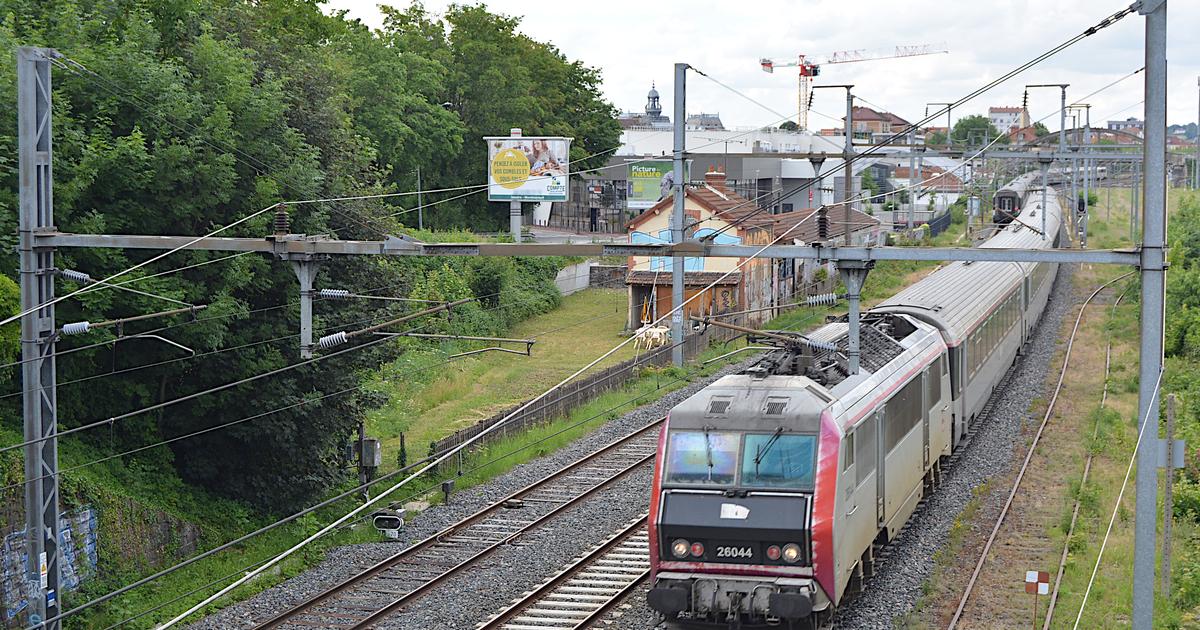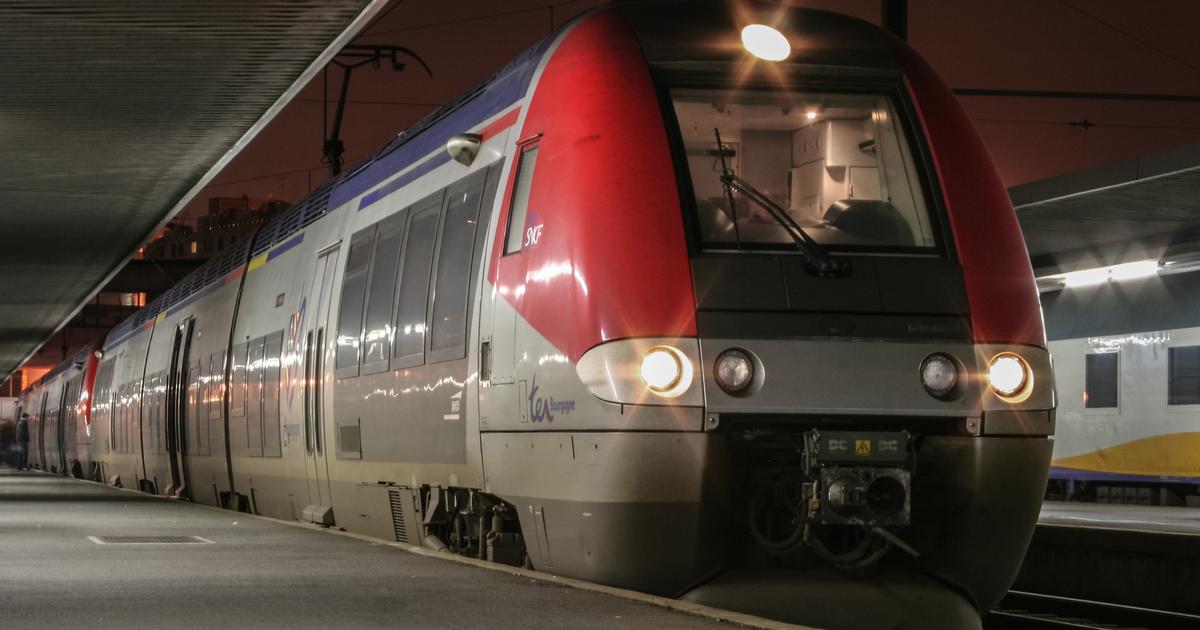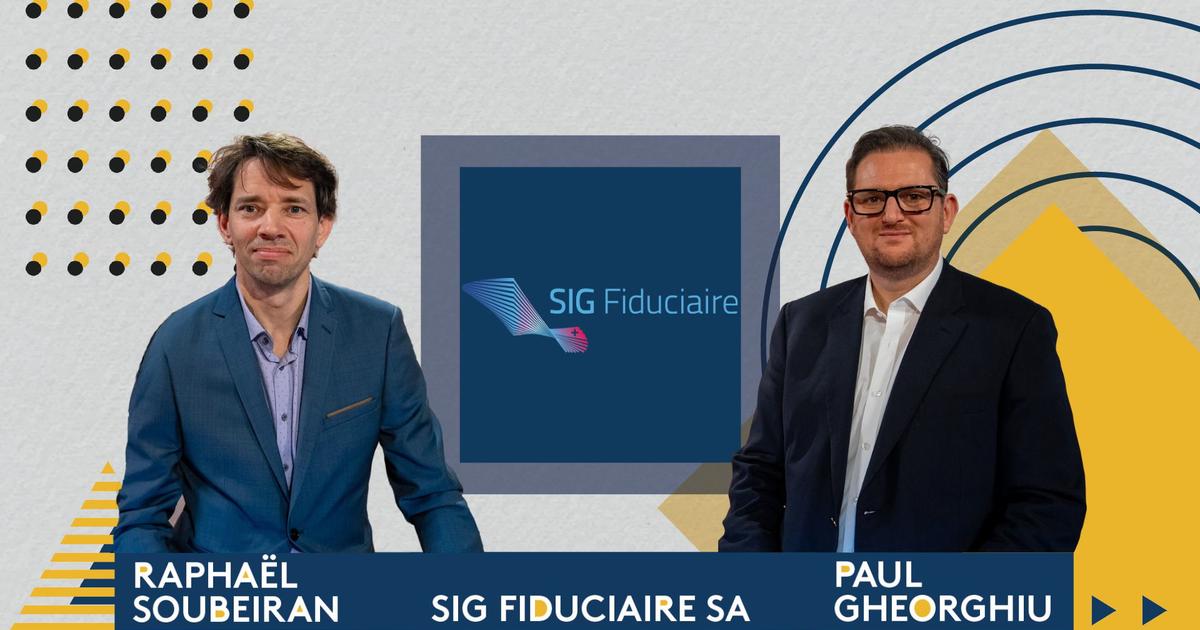He succeeded on November 1 st Guillaume Pepy at the head of the SNCF. In a context marked by the long conflict against pension reform and opening up to competition, Jean-Pierre Farandou now wants to restore social dialogue and gives himself a year to build a new business project.
You have just presented financial results that are not good. How are you going to rectify the SNCF accounts?
JEAN-PIERRE FARANDOU. I do not think these results are bad, despite the strike. Sales increased by 5.1% to 35 billion euros and profitability by 11% to 5.6 billion euros. Another sign that the group continues its march forward, last year we invested more than 10 billion euros in the network, rolling stock, stations, information systems ... Finally, on employment, we are one of the biggest recruiters in France, with 12,600 people recruited in 2019 in the group. There is also bad news. Starting with the debt which reached 60 billion euros before the takeover of part by the State. It took over 25 billion on January 1, 2020, it will take an additional 10 billion in 2022.
What was the impact of the strike against the pension reform in the end?
We lost 600 million in 2019 and 330 million in 2020. Without the strike, our accounts would have been positive by 313 million and there we are negative by 330 million. For 2020, we have adopted a savings plan of 200 million euros to make up 60% of this strike effect. Investments or projects will be postponed and we will also do commercial revival. Currently, we have an ongoing promotion campaign with 5 million TGV seats at less than 35 euros.
A study of 60 million consumers once again denounces the complexity of SNCF fares. Will you simplify them?
“It pays me” newsletter
The newsletter that improves your purchasing powerI'm registering
Your email address is collected by Le Parisien to allow you to receive our news and commercial offers. Find out more
It is a request from our customers that I hear. You know, when we offer 10-euro tickets on a Paris-Bordeaux, it is necessary, to balance our accounts and finance the modernization of the network, to include in the commercial offer first tickets at 100 euros. Otherwise, we don't make it. This is what I call Robin Hood pricing. If you want low prices, you also need high prices to balance. This is what makes high speed popular. In Ouigo, which make up 25% of our TGV seats, two thirds of seats are less than 25 euros. Price variation is also the only way to fill trains during off-peak periods.
Are you going to develop new low-cost TGV offers?
We actually want to offer an offer on high-speed lines in Spain on December 14, since Spain has decided to open its lines to competition. Thalys already has its own offer called Izy, with Paris-Brussels for example from 10 euros.
Does the opening up to competition in France frighten you?
On the contrary, it makes us want to move even faster. In November of this year, a call for tenders will be launched to choose a new operator, for two Intercités lines, one between Bordeaux and Nantes, the other between Bordeaux and Lyon. The PACA region will also launch its own call for tenders on two lines, one which links Marseille to Nice, via Toulon and Cannes, and the other, which is called the Etoile de Nice, connecting Cannes. , Menton, etc. Other regions such as Hauts-de-France will also launch their calls for tenders. We intend to answer them obviously and win.
Concerning SNCF customers, you want to reduce the queues at the counters. Does this mean that you are going to hand over personnel to the stations?
Yes. We must put resources back at the counters, strengthen the 3635 and widely deploy the ATMs that accept change. The goal is that in July, people don't queue more than 30 minutes when they want to buy a ticket.
SNCF experiences repeated social conflicts. What are you going to do to renew the thread of dialogue with the railway workers?
I want a company that is both efficient and human. The SNCF must continue its forward march towards more efficiency and competitiveness, this is essential and this must be done with the 140,000 railway workers. You have to listen to them and put the human back in the center. When I arrived, I decreed a six-month break in reorganizations and layoffs to give me time to discuss with the unions on concrete organizational matters. We cannot run SNCF without the unions representing the staff. However, social dialogue had been damaged.
Whose fault is it ?
The past is the past. What matters to me is what we are going to do. And to re-establish the link, the foundations of social dialogue must be laid. A form of respect has already been restored between management and the unions. Now we have to agree on a social agenda. I am ready to open negotiations very quickly on the unity rules of the new SNCF or the application of the Pénicaud ordinances on social and economic committees. Second initiative, I want within a year to co-build with all the railroad workers a new business project declined in the 300 establishments of the company. I believe that it is likely to forge a common destiny for us and to give a place and perspectives to each railway worker.
Your predecessor Guillaume Pepy favored dialogue with the reformist unions. Will this also be your case?
All unions are respectable. It is normal that I have relations with the first of the SNCF which is the CGT as I have relations with the three other representative organizations UNSA, Sud Rail and the CFDT.
Do you approve the bonuses granted to non-strikers and the calling of strikers before disciplinary boards?
Premiums are not a decision of the President of SNCF. But that establishment managers grant exceptional gratuities to executives or agents who have invested in public service, I do not see anything abnormal. For the rest, I am a real Republican: I respect the right to strike but, in return, we must respect the agents who want to work and the users who want trains. There have been cases that have disturbed this rule of the game. They are marginal.
The SNCF is under investigation for involuntary homicides for the Brétigny disaster which killed seven people in 2013. The trial will open soon. Is a new Brétigny possible?
My first thought is for the victims and their families. Brétigny was a shock for the SNCF and for all the railway workers who have security pegged to the body. A very vigorous action plan has been put in place on infrastructure and security procedures. Between 2018 and 2019, we reduced security events by 21% and they have been halved since 2015.
In terms of rail safety, are there any black spots to be dealt with on the SNCF network?
No. There are no more black dots. A real in-depth work on security has been done with convincing results.

